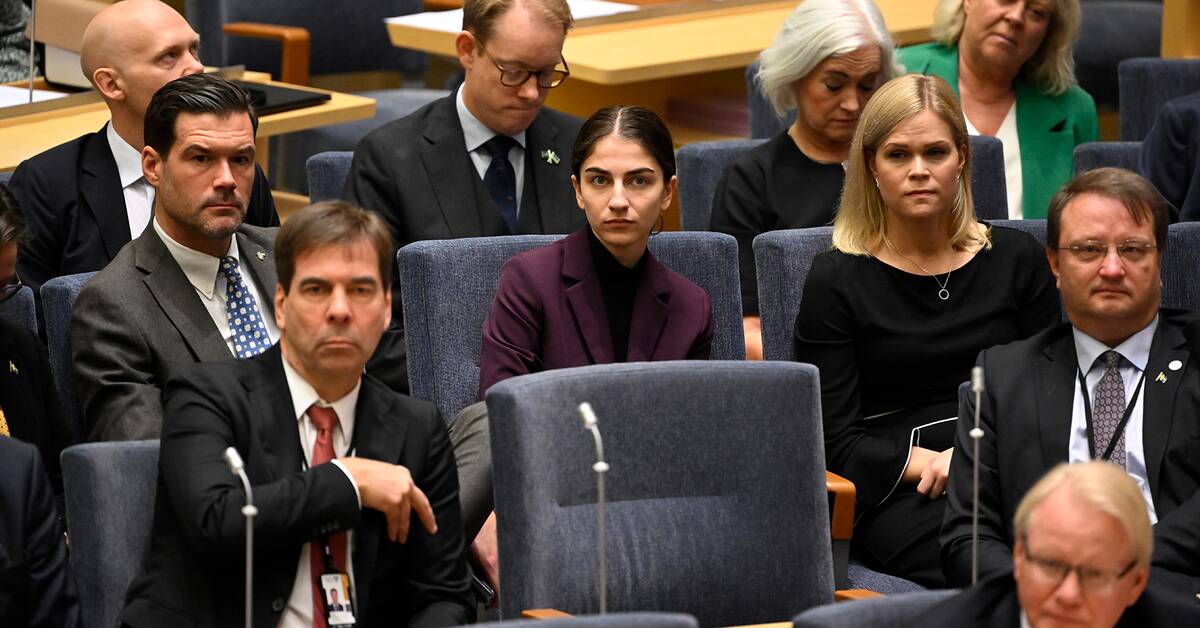Some warn that activist elements can put scientific credibility at risk, but Jeannette Eggers, researcher in sustainable forestry at the Swedish University of Agricultural Sciences (SLU) in Umeå, sees research activism as necessary when politicians act "contrary to what is required".
"I'm not a person who usually stands on the barricades. I want to do research in peace and quiet. But our communication must be proportionate to the threat. If the house is on fire, we can't knock gently on the door and quietly announce that it's on fire," says Eggers, who believes that traditional ways of communicating research "obviously haven't worked."
The manifestation will be carried out during a special debate in the Riksdag on Friday on how Sweden should achieve the national climate goals. The IPCC's latest report is described as a final warning bell from climate scientists.
"Sweden is going in the wrong direction"
Karin Gerhardt, researcher in sustainable food systems and biodiversity at SLU in Uppsala, coordinates the manifestation. She emphasizes that it does not represent any party political views.
"We want to highlight that there is a fire in the knots – and that Sweden is going in the wrong direction.
Karin Gerhardt was also the initiator of a debate article in Aftonbladet before the parliamentary election last autumn, in which nearly 2,000 researchers urged politicians to take the climate crisis more seriously.
Writing articles and manifesting in the stands is one thing. Some researchers have gone further in the activist direction. This includes doctoral student David Alcer, who researches solar cells at Lund University and who jumped up on stage during Loreen's performance during Melodifestivalen, holding a sign with the message "restore the wetlands".
When it comes to whether trust can be damaged if researchers move towards a more activist role, Jeannette Eggers wants to turn the question around when it comes to the climate:
"What happens to trust if we researchers do not raise our voices, even though we know that we are on a very dangerous path?
SVT Forum broadcasts the debate at 10.30.
Javascript is disabled
Javascript must be turned on to play video
Learn more about browser support
The IPCC's summary shows how terribly urgent it has become to reduce emissions, says SVT's climate correspondent - but there is hope. Photo: Luca Bruno/AP/TT, SVT

